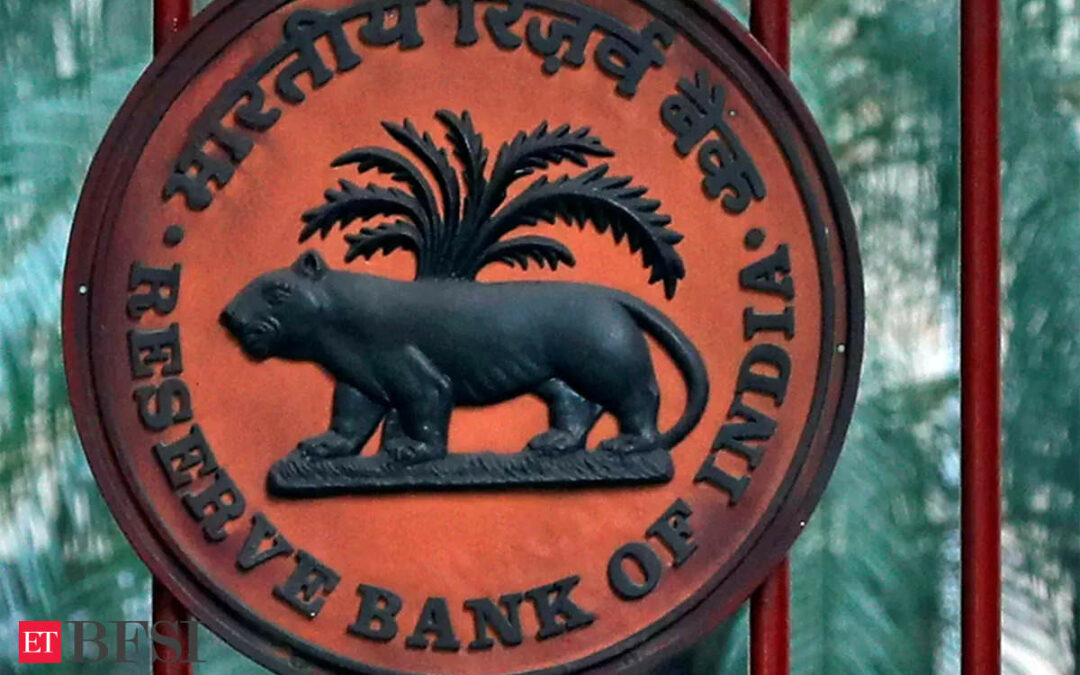There is a considerable variation in the service charges imposed by banks on transactions, which are neither `reasonable’ nor `reflecting the costs’ as prescribed by the Reserve Bank of India according to a study.
The most painful charges for underprivileged customers are the debit card decline charges many banks impose. Customers attempting to withdraw cash or pay using their debit cards, when their balance falls short are subjected to a penalty. This penalty is imposed even though a declined transaction does not result in any transaction cost for the bank.
According to the study, this decline charge is unreasonable because the bank does not pay any fee to either a third-party bank whose ATM is used or the network provider NPCI. This is because unlike cash withdrawal or balance enquiry transactions, neither banks nor NPCI charge fees to the card issuing bank.
The study has identified IDFC Bank, AU Small Finance Bank and Bandhan as the best (Category A) and Axis and Canara Bank as having the least reasonable charges (Category D). The remaining banks are in Category B or C. The study has been authored by Ashish Das, an IIT Bombay professor whose earlier studies had resulted in RBI reworking ATM charges and also forced banks to refund fees for withdrawals using UPI.
“Thirty crore people were brought into the financial sector after much effort. These customers are newcomers in the formal financial sector. One or two such experiences will again take them out of the formal financial sector,” said SS Mundra, former deputy governor of RBI, while launching the study in an event organized by Moneylife, which had commissioned the report.
Canara Bank scores low on the reasonableness ranking because of some of its fees like the Rs 50 it charges for self-generation of ATM PIN or the Rs 250 it charges for cancellation of a demand draft. Similarly, Yes Bank charges as much as Rs 350 from customers if a cheque is returned because of technical reasons. IDFC, AU Bank and Bandhan rank high because of waiver of key charges.
Speaking at the event, former RBI executive director RB Barman who headed payments said “Payment systems are a public good. The economics of a public good are different and there should be costing studies”. Barman said that given the volume of transactions even a 10 paise transfer from the public to private surplus would result in gains of hundreds of crores.
According to the study, the average minimum balance requirement for private sector banks is higher for each of the Metro-Urban, Semi-Urban, and Rural centres. In contrast, for 63% of the variables under study, the average charges of public sector banks (PSBs) are higher than the average charges of private sector banks.









